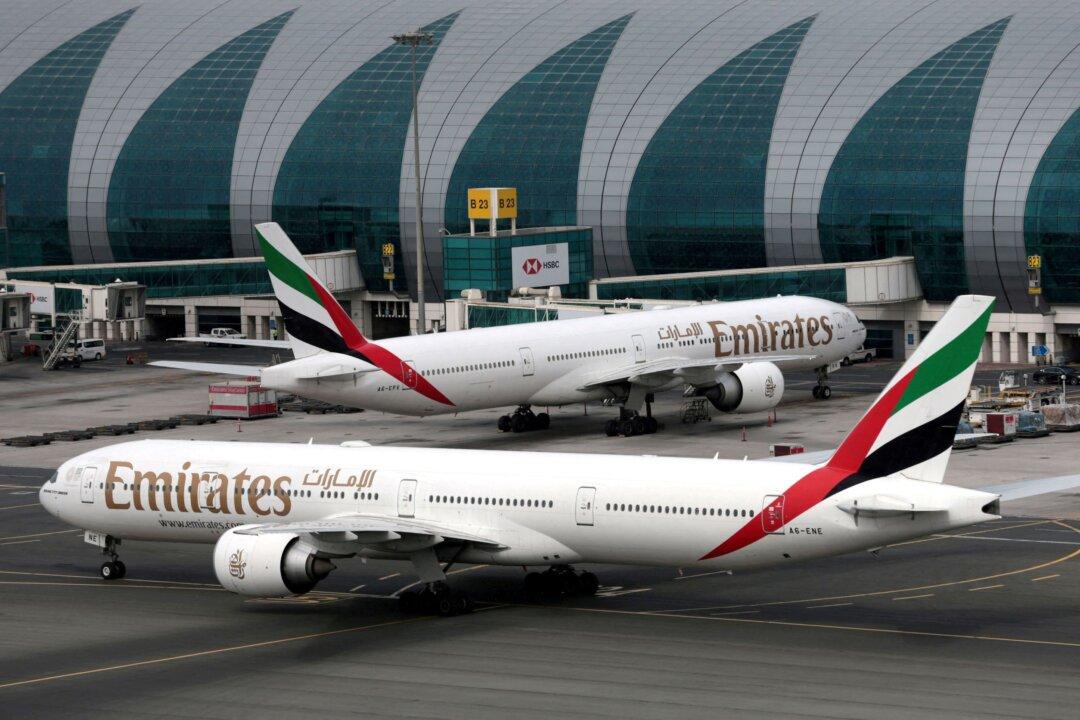Emirates airlines will continue flying passengers to Russia so long as its owner requires it to do so, the carrier’s President Tim Clark said on March 29, while noting that western sanctions against the Kremlin are not directed at the citizens of the country.
The Dubai-based international carrier, which is owned by the UAE Government, has been using Emirates aircraft to carry humanitarian goods and fly diplomats in and out of Russia.




